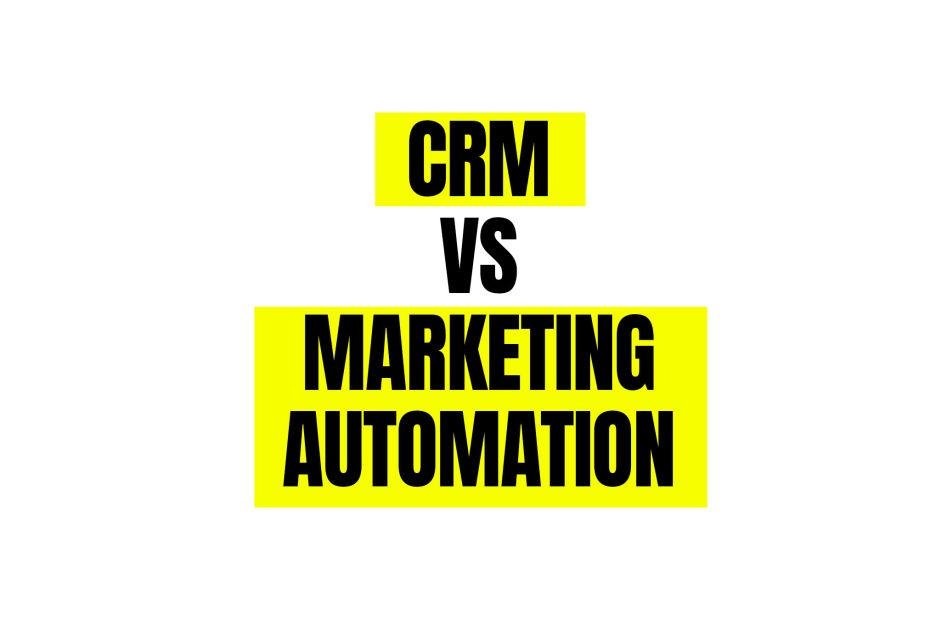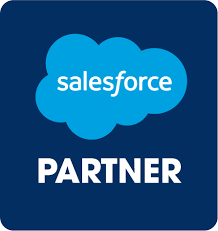In the dynamic realm of business management and customer relationship strategies, two terms often crop up: CRM and marketing automation. While these terms are closely related, they represent distinct organizational tools and functions. This article delves into the critical differences between CRM and marketing automation and how understanding CRM vs. Marketing Automation can shape your business strategies and customer relationships.
CRM (Customer Relationship Management)
1. Core Functionality:
CRM systems primarily focus on managing and nurturing customer relationships. They serve as a centralized hub for storing customer data, facilitating interactions, and enhancing customer satisfaction.
2. Customer Data:
CRMs excel in collecting and organizing customer information, including contact details, purchase history, preferences, and communication history. This data helps businesses tailor their interactions and provide personalized services.
3. Sales-Centric:
CRM systems are designed to support sales teams, enabling them to manage leads, track opportunities, and forecast revenue. They prioritize improving sales processes and pipeline management.
4. Customer Service:
CRMs also aid in streamlining customer service by providing support agents with essential customer information, enabling efficient issue resolution.
Marketing Automation
1. Core Functionality:
Marketing automation platforms focus on streamlining and automating marketing activities, allowing businesses to deliver targeted, personalized content to prospects and customers.
2. Lead Nurturing:
Marketing automation is pivotal in lead nurturing. It automates email marketing, lead scoring, and campaign management, ensuring leads progress through the sales funnel effectively.
3. Analytics:
Marketing automation tools offer in-depth analytics and reporting, enabling businesses to measure the effectiveness of marketing campaigns and make data-driven decisions.
4. Content Personalization:
They excel in content personalization, delivering the right message to the right person at the right time. This aids in engagement and conversion.
Key Differences: CRM vs Marketing Automation
1. Focus: CRM is customer-centric, emphasizing relationship management, while marketing automation is marketing-centric, focusing on automating marketing processes.
2. Data Usage: CRM primarily uses customer data to enhance interactions and satisfaction, while marketing automation leverages data for lead nurturing and personalized marketing.
3. Target Audience: CRM serves sales teams and customer service, facilitating sales and service operations. Marketing automation serves marketing teams, streamlining campaigns and engagement efforts.
4. Integration: While CRM and marketing automation can complement each other, they are distinct systems. Some businesses integrate both to create a seamless sales and marketing ecosystem.
5. Objectives: CRM aims to improve customer satisfaction, sales efficiency, and service quality. Marketing automation aims to streamline marketing efforts, increase lead conversion, and personalize marketing content.
6. Benefits: CRM benefits customer service, sales, and overall customer experience. Marketing automation benefits marketing efforts, lead nurturing, and campaign effectiveness.
Conclusion
Understanding the distinction between CRM and marketing automation is pivotal for crafting an effective business strategy. While both serve essential functions, they cater to different aspects of your business. The key is to align your CRM and marketing automation strategies to create a cohesive and efficient approach to customer relationship management and marketing. Doing so can optimize your business operations and customer engagement, ultimately driving growth and success.




